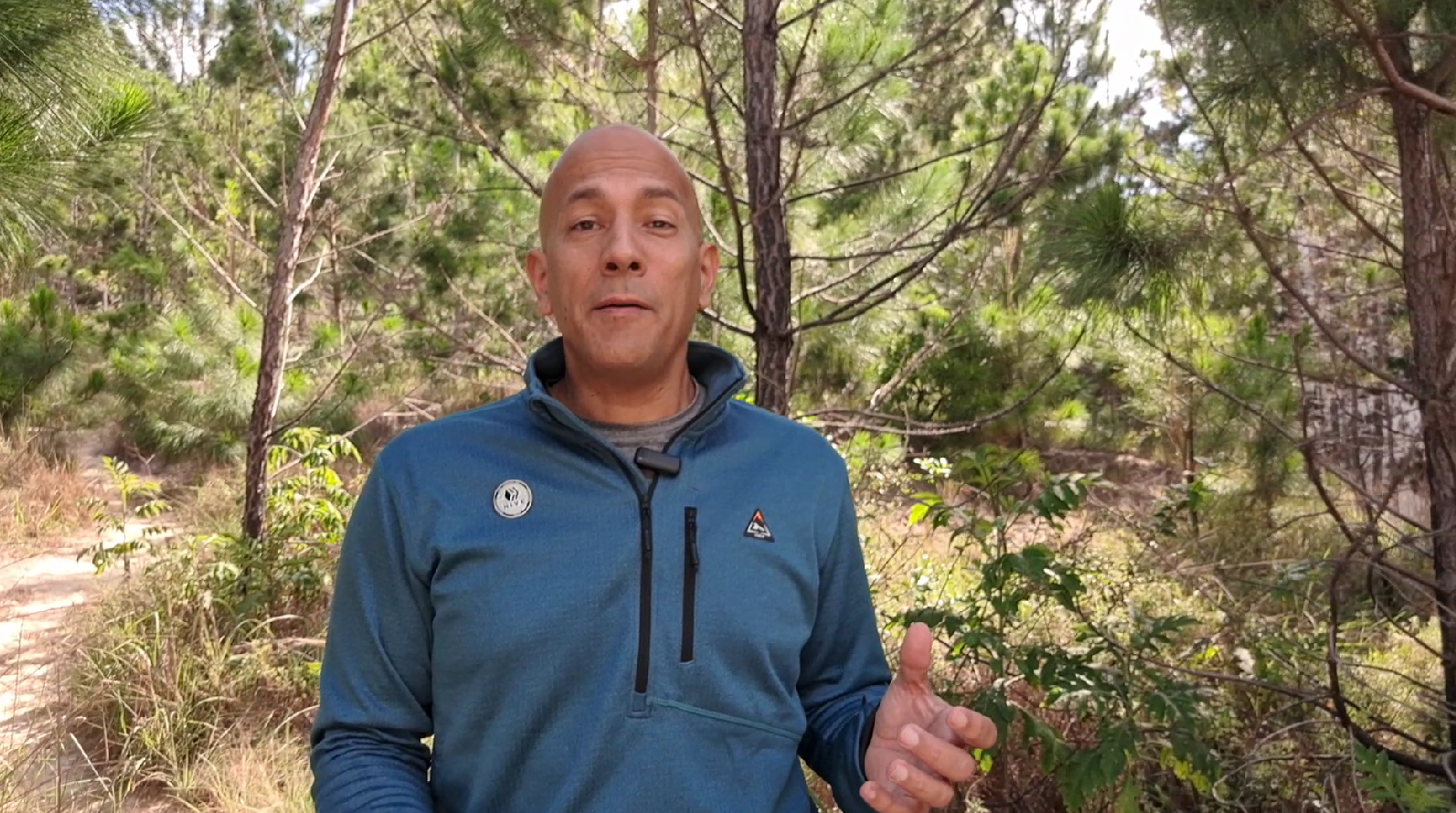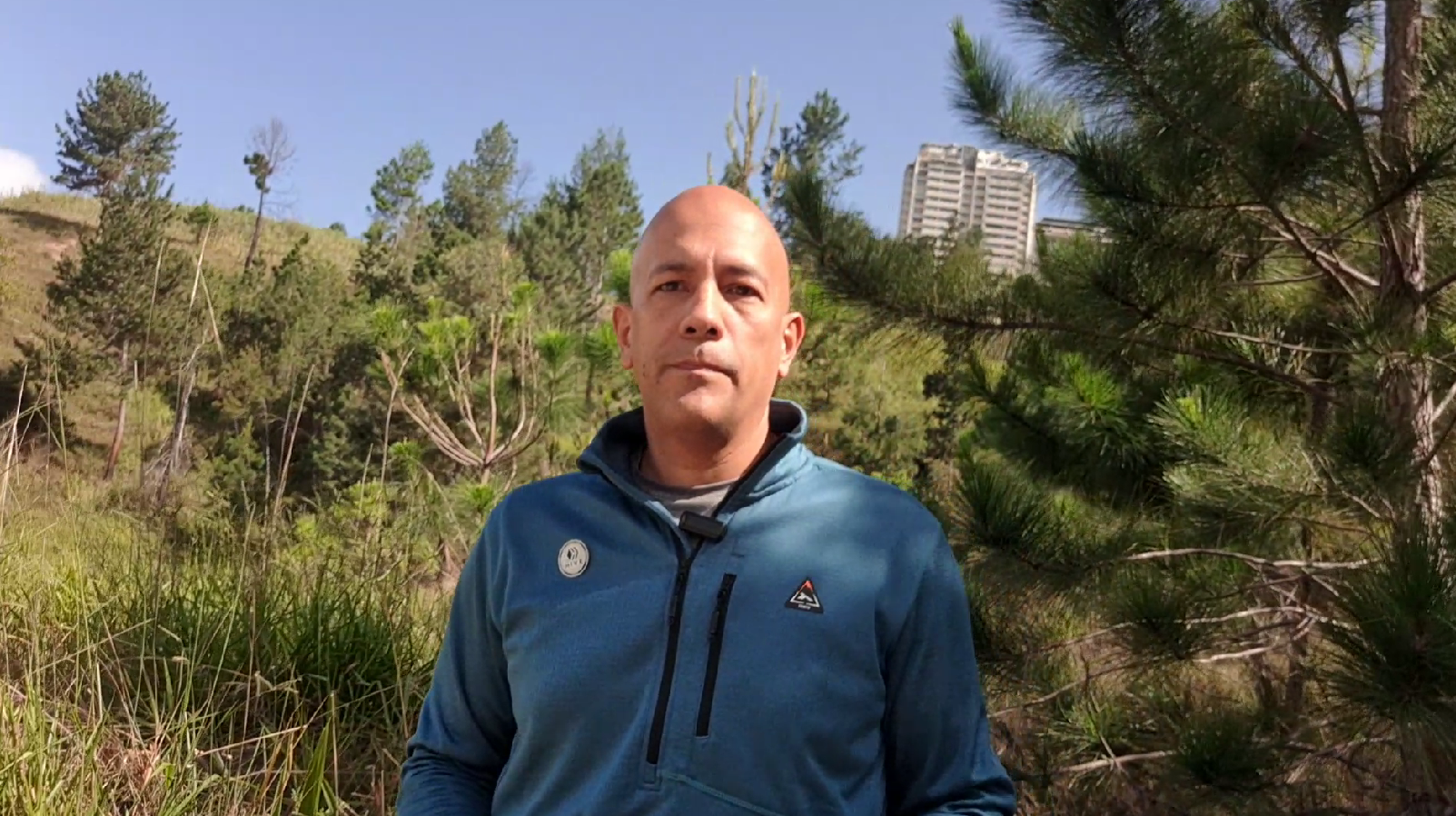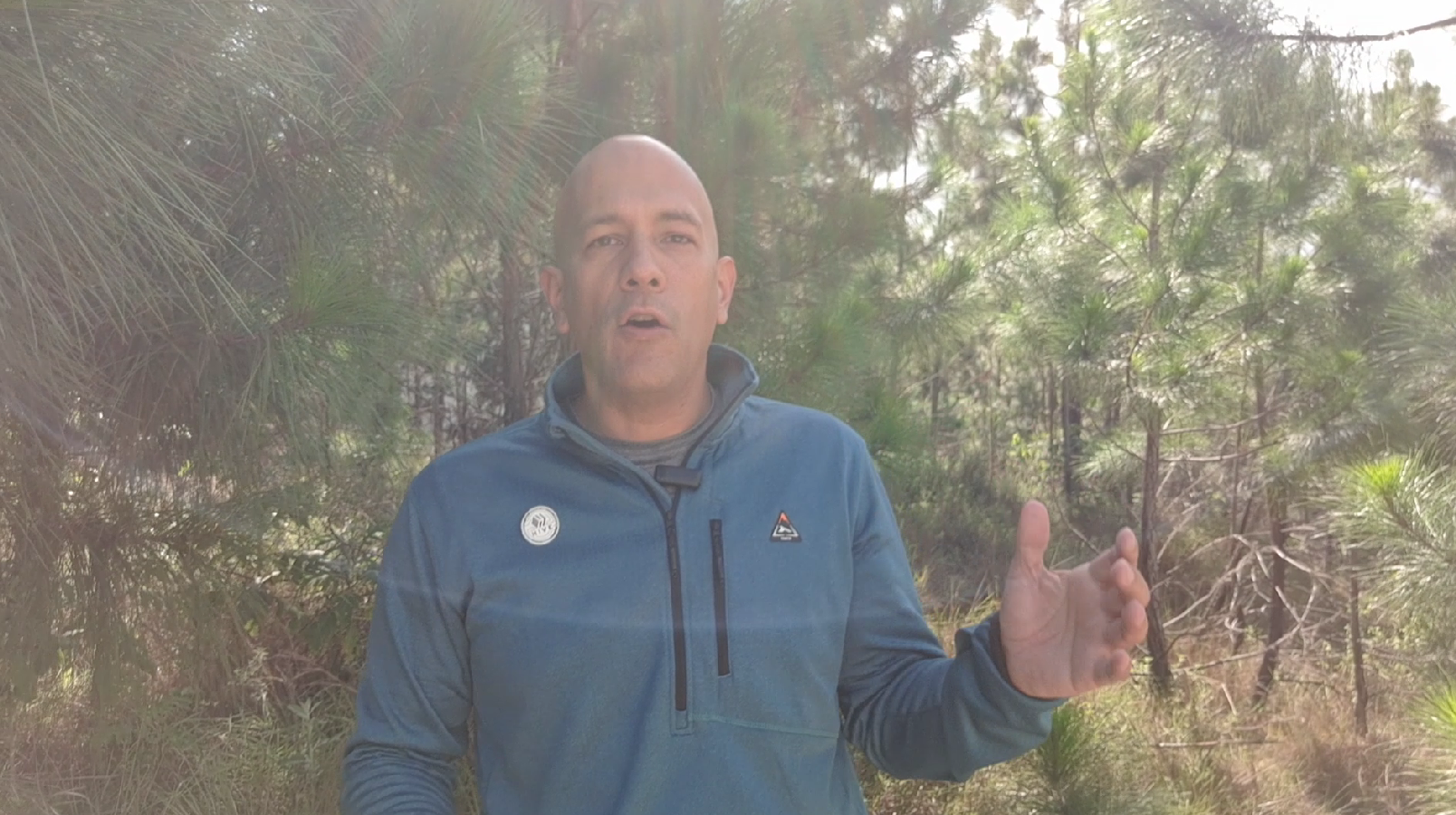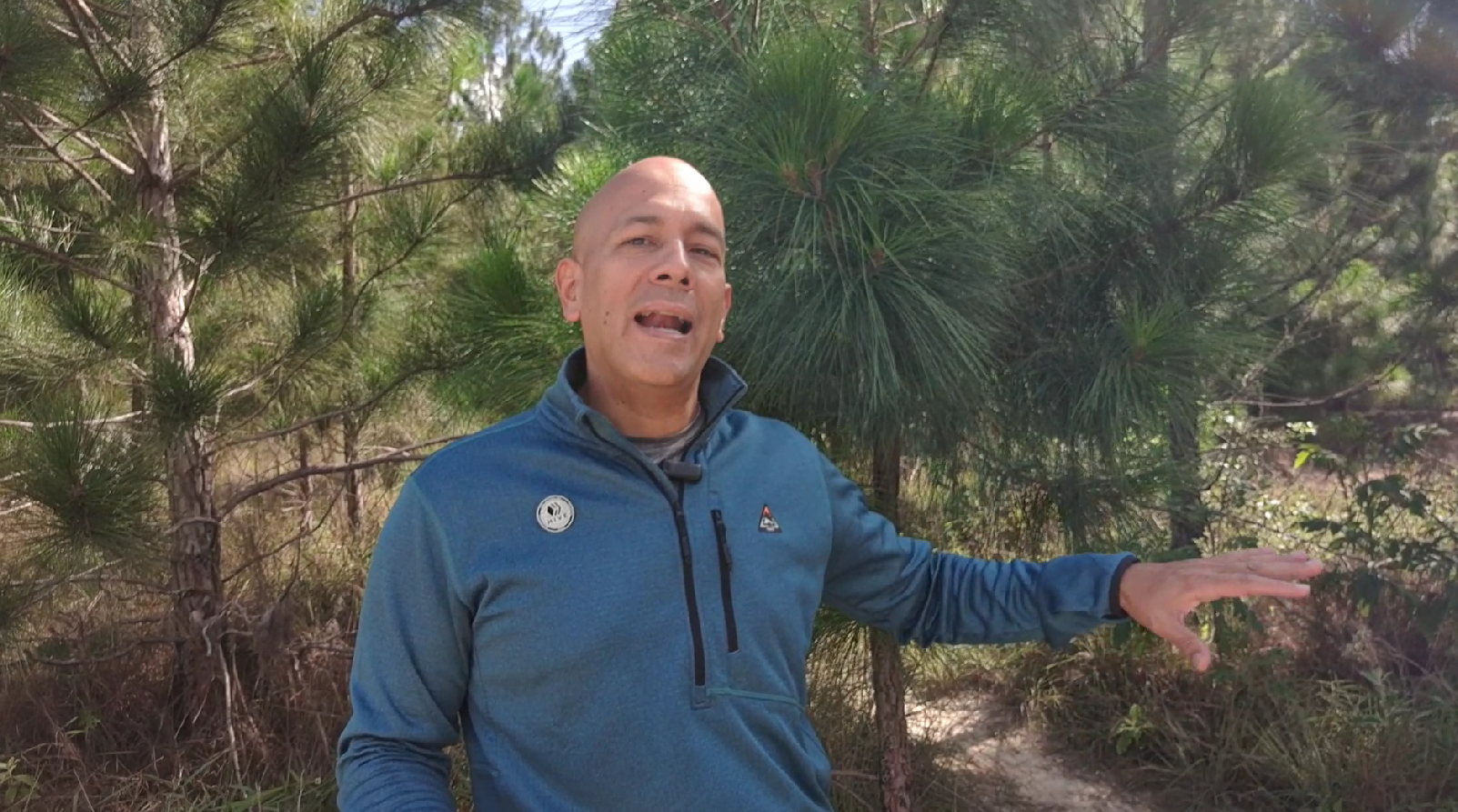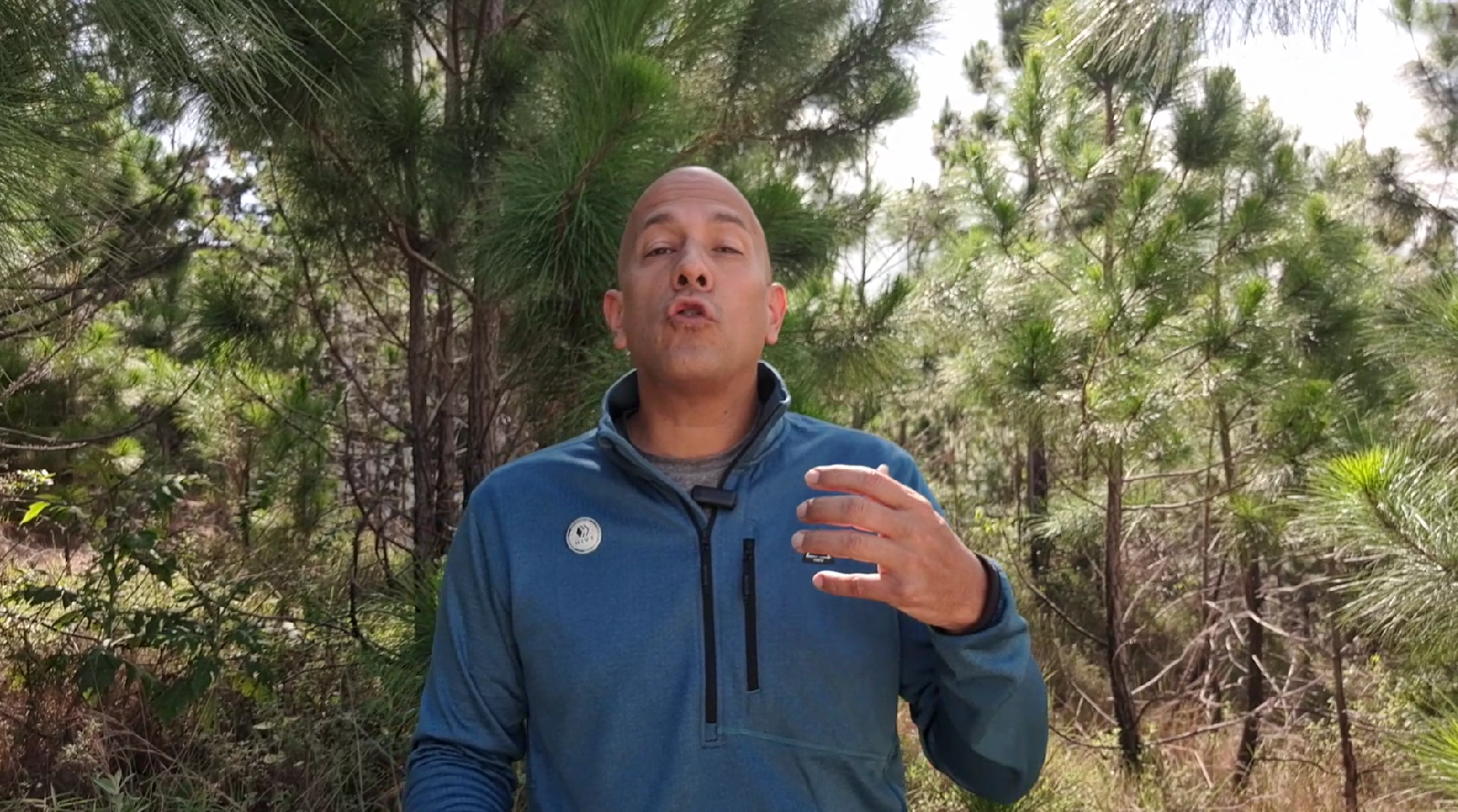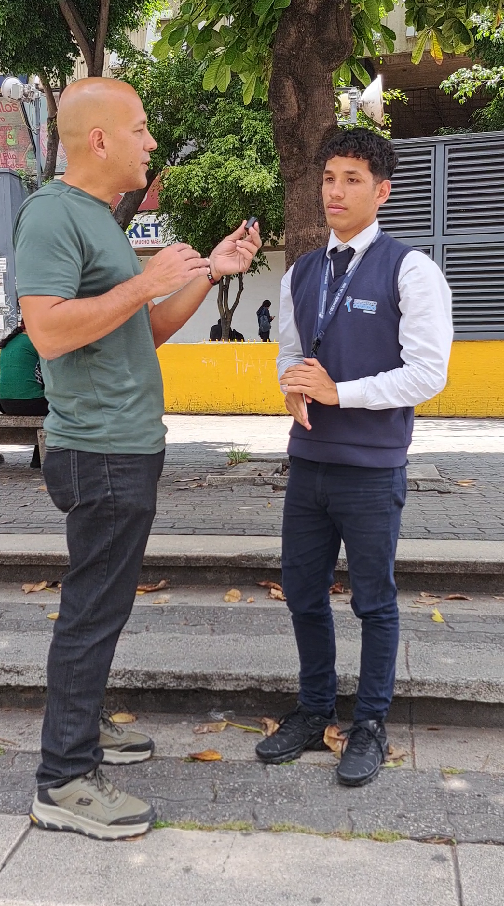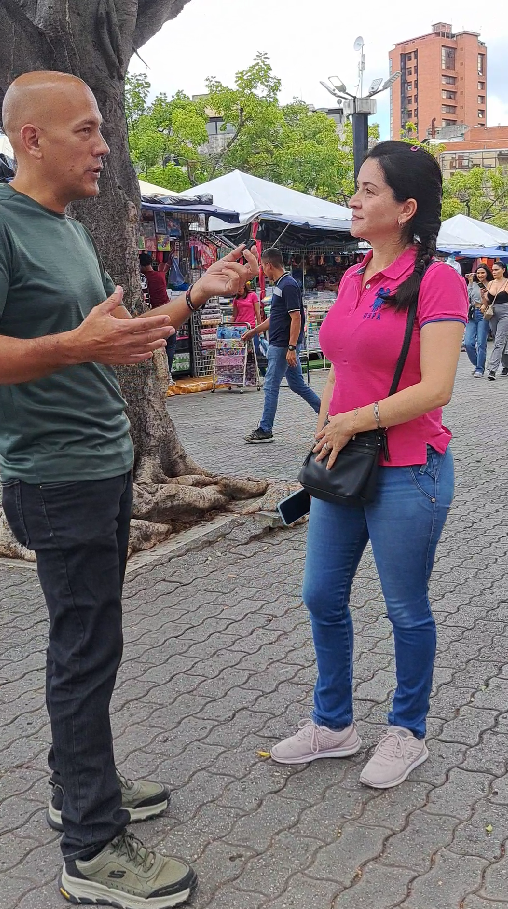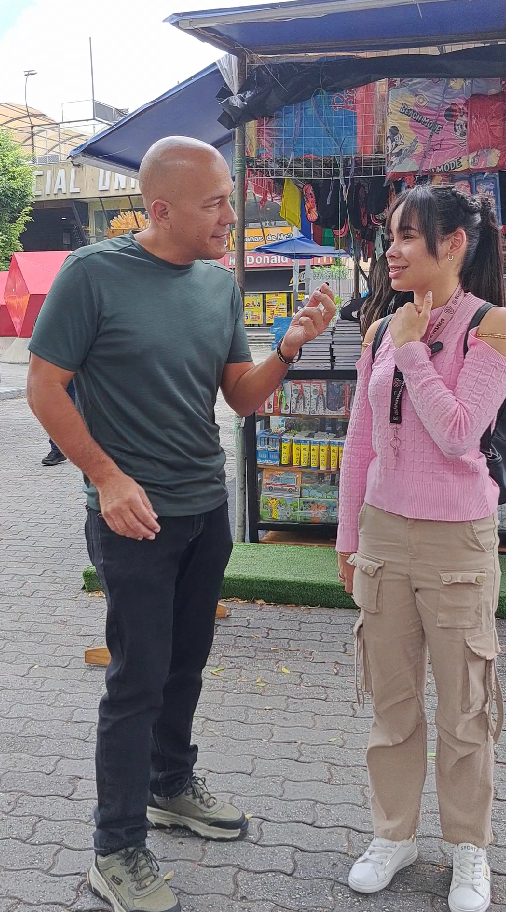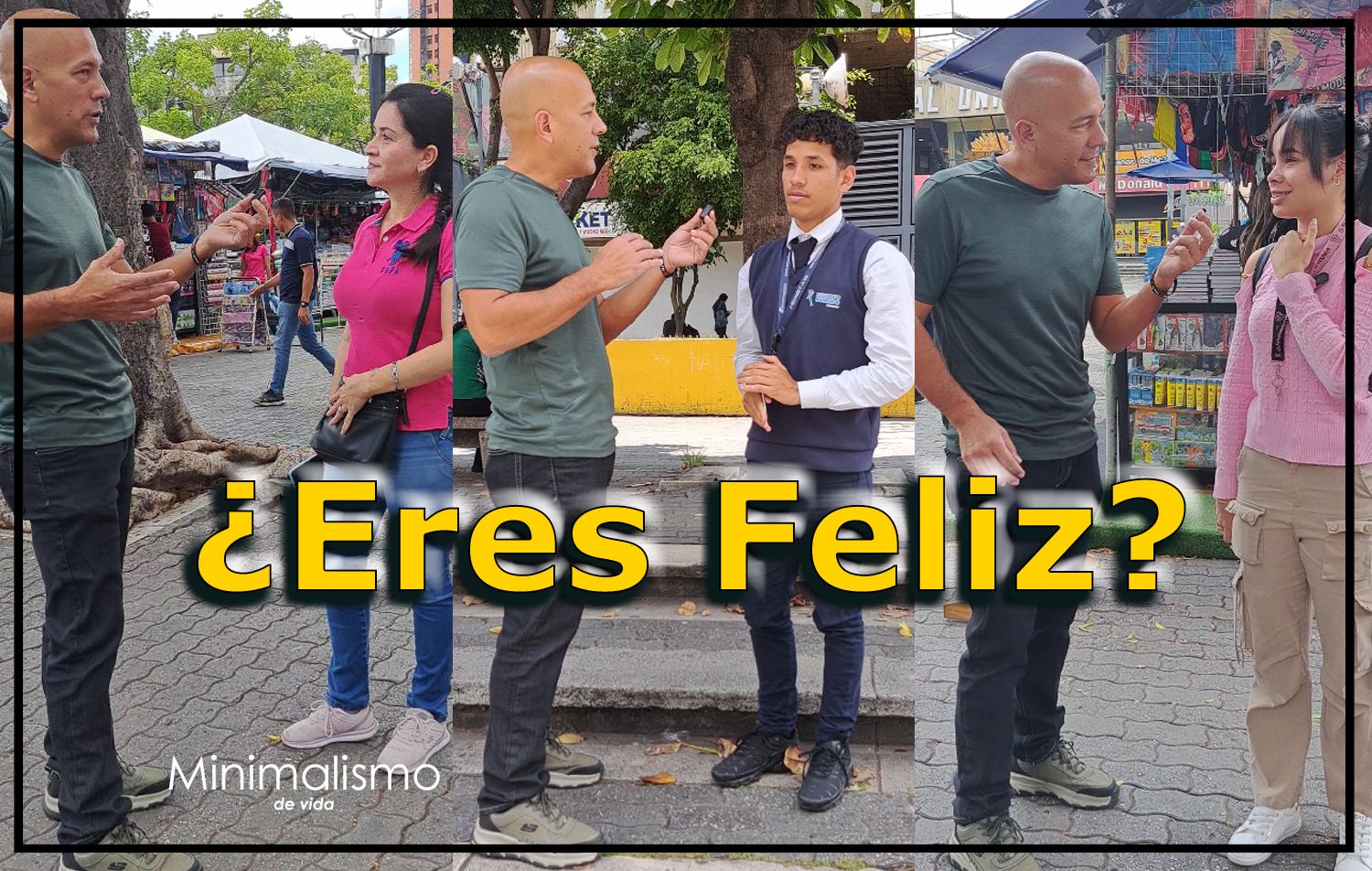
Tenía muchas ganas de volver a las calles, para preguntar a la gente lo que piensa. Es una dinámica divertida, aunque al principio fue estresante. Nadie quería entrevista, nadie quería ser grabado y fueron muchos rechazos. Estaba ya por darme por vencido, pero cambiamos de lugar y surgió la magia. Lo más loco es que solo nos movimos 20 metros.
Una vez que estuvimos en el nuevo lugar, las estadísticas se invirtieron; fueron más los que aceptaron que los rechazos.
Realicé 10 entrevistas, aunque solo muestro la mitad. Les puedo adelantar que todos afirmaron ser felices. Puedo decir que de cada 10 personas en Caracas, 10 son felices jajajaja. Por supuesto que muestra tienes que ser más amplia.
Las encuestas estuvieron repartidas entre 100% felices y 80% de felicidad. La pregunta era que me dijeran del 1 al 10, qué tan felices eran. Las personas que respondieron que 10, se les notaba la felicidad y una energía bien entusiasta. Mientras que quienes dijeron 8, se les veía con menos motivación. Es probable que se sintieran con menos de 8 y exageraran la respuesta, pero eso solo lo saben ellos. A veces la felicidad no se muestra y es muy interna.
Hace unos años Venezuela ocupaba los primeros lugares de felicidad. Actualmente está bien lejos de esas posiciones. Desde hace unos años la crisis rompió a las personas, sobretodo porque separó a las familias. Sin embargo se puede ver mucha resiliencia en la gente.
Es probable que las personas que aceptaron ser entrevistadas, sean las más felices y dentro de las que rechazaron la encuesta, se encuentren las personas con profunda tristeza o depresión. Esto podría ser un caso de investigación. Si es menos probable que alguien te responda una encuesta en la calle, si no es feliz y que hay más porcentaje de gente que responde encuestas que son felices, o que tienen un estado de ánimo alegre. Tiene mucho sentido, porque yo cuando estoy con baja energía, melancólico, triste, angustiado, no quiero ni que me hablen jajaja.
|
|
|
|---|
English
I was eager to return to the streets to ask people what they think. It's a fun dynamic, although it was stressful at first. No one wanted to be interviewed, no one wanted to be recorded, and there were many rejections. I was about to give up, but we changed locations and magic happened. The craziest thing is that we only moved 20 meters.
Once we were in the new location, the statistics were reversed; there were more people who accepted than rejected.
I conducted 10 interviews, although I'm only showing half of them. I can tell you in advance that everyone claimed to be happy. I can say that out of every 10 people in Caracas, 10 are happy, ha ha ha. Of course, the sample has to be broader.
The surveys were divided between 100% happy and 80% happy. The question was to ask them to rate their happiness on a scale of 1 to 10. The people who answered 10 were visibly happy and full of enthusiasm. Those who said 8 seemed less motivated. It is likely that they felt less than 8 and exaggerated their response, but only they know that. Sometimes happiness is not visible and is very internal.
A few years ago, Venezuela ranked among the happiest countries. Today, it is far from those positions. For several years now, the crisis has broken people, especially because it has separated families. However, you can see a lot of resilience in people.
It is likely that the people who agreed to be interviewed are the happiest, and among those who refused the survey are people with deep sadness or depression. This could be a case for research. If it is less likely that someone will respond to a survey on the street if they are unhappy, and if there is a higher percentage of people who respond to surveys who are happy or in a cheerful mood, it makes a lot of sense, because when I am feeling low on energy, melancholic, sad, or distressed, I don't even want anyone to talk to me, ha ha ha.
Translated with DeepL.com (free version)
Short en Youtube
https://youtube.com/shorts/CtKiSWZ8e1c?si=KG6yWxBVJDPUinW5
